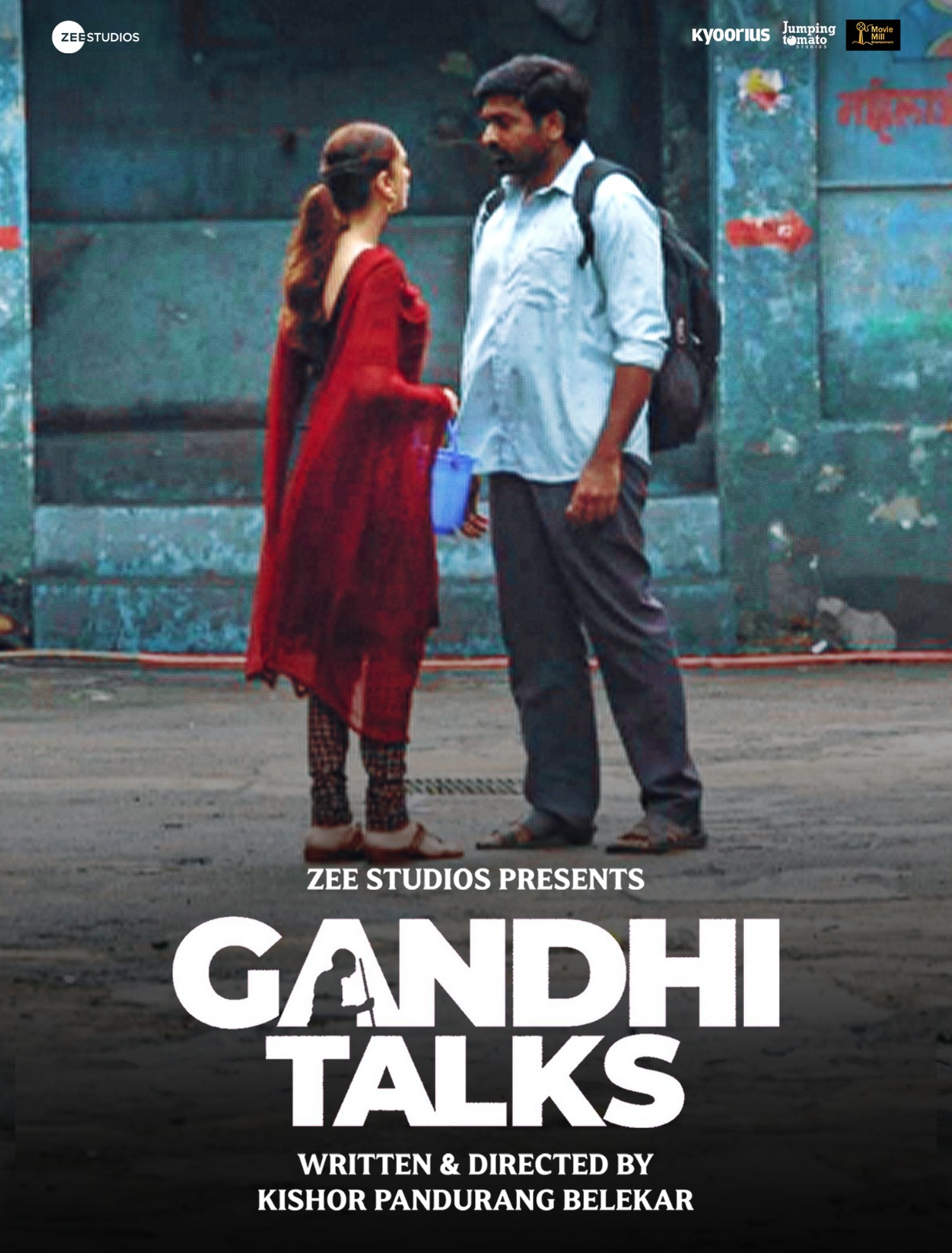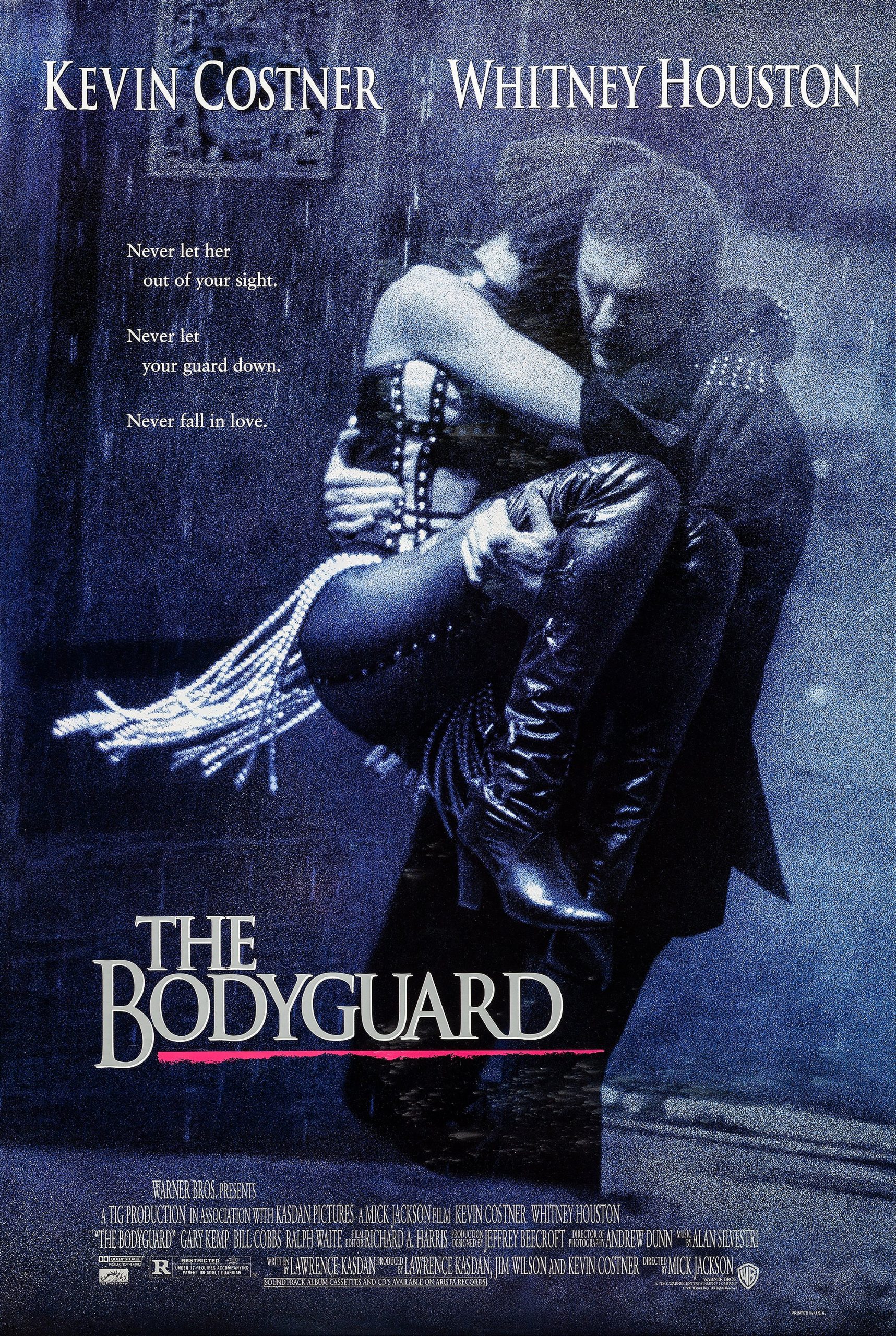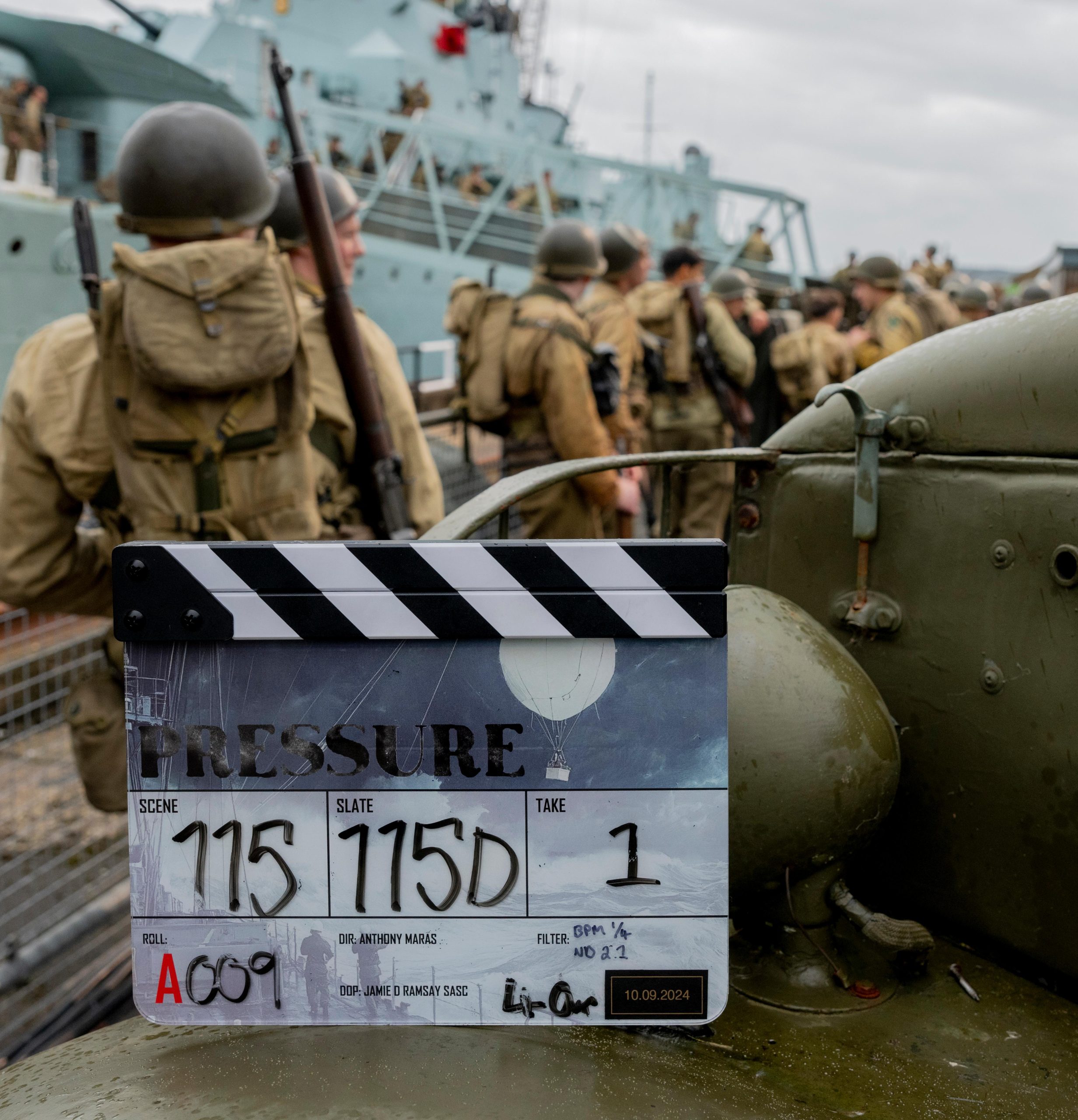The Insult(2018)
Cohen Media Group Jan 12, 2018 | Limited
After an emotional exchange between a Lebanese Christian and a Palestinian refugee escalates, the men end up in a court case that gets national attention.
Releases
Original Release | Jan 12, 2018

Box Office Results
Results
$24,957
$1,001,305
$2,664,931
$3,666,268
Current Showtimes
Your Location or
(U.S. Only)
Director & Top Cast
Technical Specifications
Sound Mix: Dolby Digital
Aspect Ratio: 2.35 : 1
Other Details
Country of Origin: France,Cyprus,Belgium,Lebanon,United States
Language: Arabic
Summaries
Storyline
- In today's Beirut, an insult blown out of proportions finds Toni, a Lebanese Christian, and Yasser, a Palestinian refugee, in court. From secret wounds to traumatic revelations, the media circus surrounding the case puts Lebanon through a social explosion, forcing Toni and Yasser to reconsider their lives and prejudices. What should have been a trivial altercation, quickly settled and forgotten, instead propels two men to the center of a politically charged scandal in Lebanon-one that reopens historical and political wounds on both sides. When Yasser, a Palestinian refugee and building foreman, and Tony, a Christian nationalist and auto mechanic, go head to head after a misunderstanding involving a drainpipe on Tony's balcony, Yasser utters an insult Tony cannot forgive. The events immediately following result in the two stubborn men facing off in court where, fueled by the media and a famous right-wing Christian lawyer, old wounds and unresolved tension threaten to divide a nation. — Anonymous In modern Lebanon--against the backdrop of delicate equilibria, frail ethnic and religious amalgamations, and the flaming scars of a devastating fifteen-year-long civil war--an otherwise trifling matter between two men, Tony, a Lebanese Christian, and Yasser, a Palestinian refugee, gets rapidly blown out of proportion. Before long, a hot-headed act of impropriety, paired with a vain effort at reconciliation and a sincere apology that never came, will prepare the ground for a fierce showdown in court, gradually escalating into a conflict of nationwide proportions. However, what was the insult in the first place? — Nick Riganas When Palestinian Muslim foreman Yasser installs a new drainpipe on Lebanese Christian Tony's balcony without his permission, Tony's dislike of Palestinians triggers what appears to be a minor disagreement. But insults are hurled, and the situation soon escalates out of control. What begins with a petty argument leads to a highly publicized trial that captivates a nation, and also gives a range of people an opportunity to settle old scores. Doueiri masterfully takes this private clash of wills as a starting point to explore historic rifts amongst Lebanese communities, and the aftermath of the civil war. Intelligently using humor and pathos, The Insult is ultimately a plea for empathy, forgiveness and peace. — Anonymous 1 more All
Similar Movies

Sumathi Sathakam
Comedy, Drama

Gandhi Talks
2h 10m
Comedy, Drama

Ashakal Aayiram
2h 12m
Drama, Family

Unexpected Family
2h 1m
Comedy, Drama

Euphoria
2h 30m
Drama

The Bodyguard
R2h 9m
Drama, Music, Romance, Thriller

The Stranger
2h 2m
Crime, Drama

Pressure
Drama, History, Thriller, War

Fried Green Tomatoes
PG-132h 10m
Drama

The Little Sister
1h 48m
Drama



